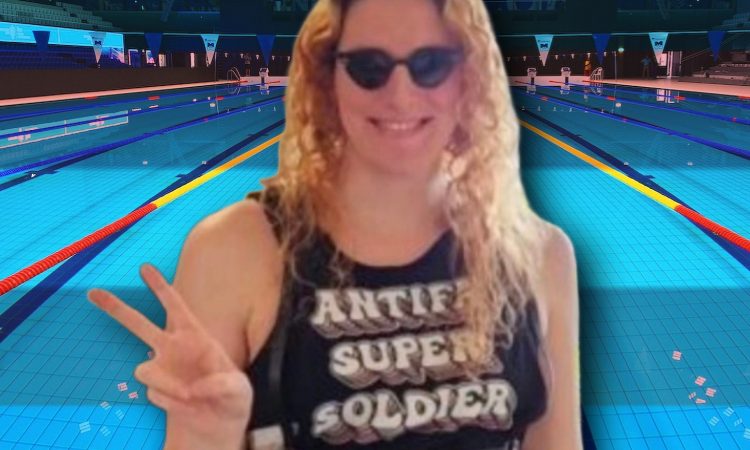Lia Thomas, the well-known transgender swimmer who won the women’s NCAA Division I championship in 2022 despite being a male has recently drawn criticism for her apparent endorsement of Antifa, a controversial and violent political activist group. Thomas was photographed wearing a shirt affiliated with Antifa, raising eyebrows and prompting many to question the appropriateness of her public political affiliations, as the t-shirt said “Antifa Super Soldier.”
Riley Gaines, a former competitor and outspoken critic of Thomas, was particularly disturbed by the incident. Gaines has previously expressed unease about Thomas’ participation in women’s sports, given he is a male who simply identifies as a woman, and the discomfort associated with sharing a locker room with a transgender athlete, as they were exposed to Thomas’s male genitalia.
Paula Scanlan, another ex-teammate, has accused the University of Pennsylvania of suppressing dissenting voices and downplaying the legitimate concerns expressed by female team members, further showing his far-left beliefs as he chose to brush off the concerns of his own female teammates. Scanlan’s discomfort echoes that of Gaines, particularly in relation to sharing a locker room with someone who is a male.
The recent incident involving Thomas’ Antifa shirt complicates the ongoing debate on transgender participation in women’s sports. It sparks a conversation about whether personal political beliefs should intersect with athletic performance. As this controversial issue continues to unfold, it is crucial to address the concerns of all athletes involved.

